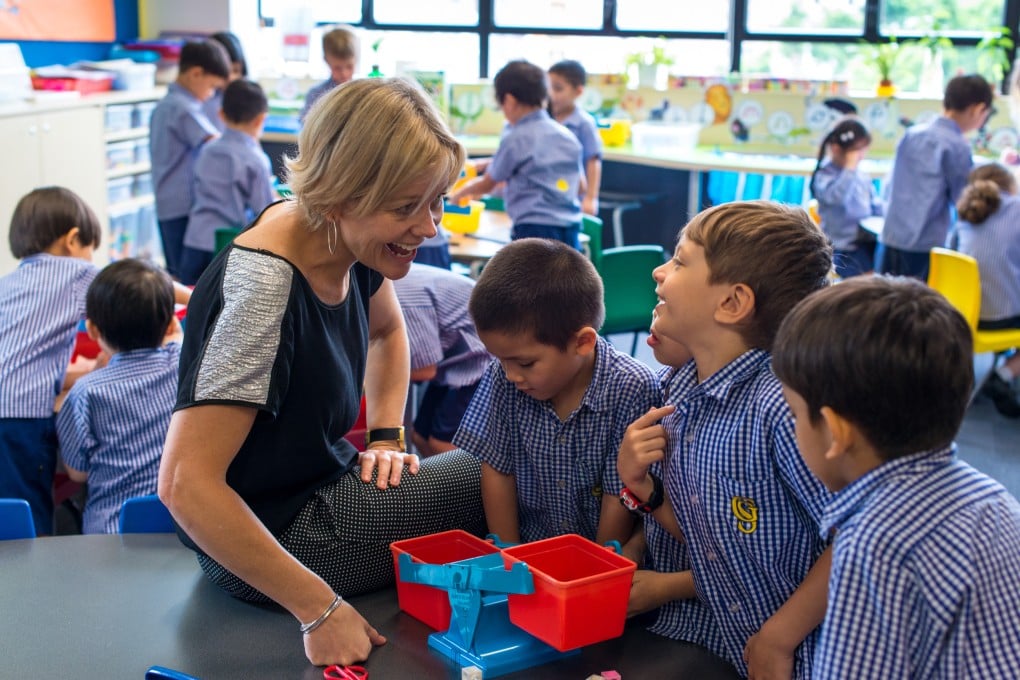Embracing the challenge: the journey of becoming an IB educator in today’s academic landscape
- While the IB diploma programme fosters global citizens in its students, the training for teachers who deliver the curriculum can be equally eye-opening

The International Baccalaureate is more popular than ever. As its range of curricula expands globally, schools are tasked with not only preparing students for the demands and rigours of the diploma, but also supporting educators as they attain the specialised knowledge and skills required to deliver on this internationally minded curriculum.
From mastering the nuanced interdisciplinary approach of the theory of knowledge course to guiding students through the expansive 4,000-word extended essay research process, IB teachers must constantly adapt to meet the unique needs of the IB diploma programme (IBDP). But transitioning to the inquiry-based teaching philosophy of the IBDP can present a significant hurdle for educators accustomed to more traditional models.
According to John Turner, English Schools Foundation (ESF) education adviser for secondary schools, the International Baccalaureate Organization (IBO) has a strong mission to develop caring young people who are inquiring and knowledgeable, and who can help to create a better and more peaceful world. For this reason, “IB training is vital in helping teachers see the bigger picture and align their siloed subject-based roles with the wider aims of an IBO education,” he says.
As a physics teacher, Turner admits that training to become an IB teacher involved “quite a steep learning curve” and that the path was rarely linear.
Firstly, educators who want to teach the IBDP programme must take part in an entry-level Category 1 course focusing on the IB educational philosophy, learner profile, and approaches to teaching and learning, as well as details such as subject content, final assessments and coursework.
“I remember being a little impatient – even frustrated – at first, wanting the workshop facilitator to ‘get to the important stuff already’, such as physics,” says Turner. “For me, and I guess for many other teachers, it took a while to realise that those conversations about the IBO philosophy are the important stuff.”